I am just starting out with CodeFluent and beginning to really like it. My question is: I set a property of an entity to enumeration. How can I allow an end-user to add extra values (that are stored afterwards as additional choices) to an enumeration? Or should I use another entity to store those values/choices instead?
For instance: let's say I have a product and a producttype. My producttype is an enumeration (frozen, fresh, seasonal), and down the road, the user wants additional types (i.e.: organic, stationary). Should those be enumeration values or a separate entity?
If a separate entity.....I'm not really sure how I define the relationship (1 to 1, 1 to many - i.e. 1 producttype can have many products)?

